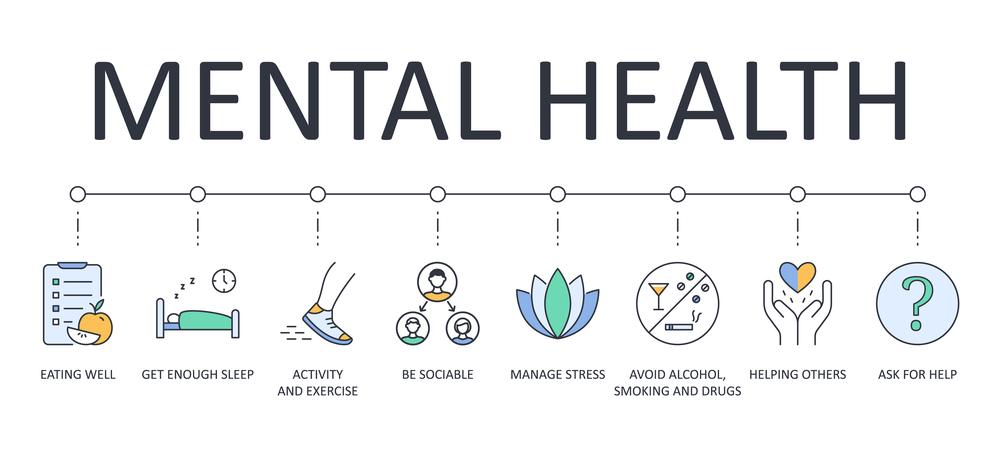Medical errors can have a profound impact on patients and their families, often leading to emotional distress and physical harm. It’s crucial for individuals who have experienced medical errors to understand the smart guidelines for recovery and seek the necessary support to navigate through this challenging time. This blog will explore the smart guidelines for recovering from medical errors, providing insights into understanding, coping, seeking resolution, and moving forward with recovery.
Understanding Medical Errors
Understanding medical errors is critical for patients and healthcare providers to ensure patient safety and quality care. Medical errors include surgical, diagnostic, medication, devices and equipment, systems failures, infections, and falls. These errors can lead to adverse events and, in some cases, patient harm. A key aspect of understanding medical errors is recognizing that they can often result from system failures rather than solely human error. Attorneys at the Hoover Medical Malpractice Law Office emphasize the importance of thoroughly understanding the underlying causes of medical errors. This knowledge is critical for advocating for patient rights and seeking appropriate resolution in medical malpractice cases.
Furthermore, the World Health Organization highlights that understanding the underlying causes of errors in medical care is essential for promoting patient safety and preventing avoidable harm. This underscores the significance of a comprehensive approach encompassing individual errors and systemic factors contributing to medical mistakes. By addressing these systemic issues, healthcare providers and legal professionals can work towards minimizing medical errors and ensuring patient well-being.
Emotional Impact on Patients

The emotional impact on patients is a significant aspect of healthcare that can significantly influence their overall well-being and treatment outcomes. Patients facing medical challenges often experience a range of emotions, including anxiety, fear, frustration, and even depression. These emotional responses can stem from various sources, such as diagnosis, treatment procedures, uncertainty about the future, and the impact of their condition on daily life. Healthcare providers play a crucial role in addressing the emotional needs of patients, as understanding and managing these emotions can contribute to improved patient satisfaction, adherence to treatment plans, and, ultimately, better health outcomes.
Seeking Resolution and Accountability
Seeking resolution and accountability in the context of medical errors is vital for facilitating transparency, learning from mistakes, and ultimately improving patient care. When medical errors occur, healthcare providers must acknowledge the issue, communicate openly with patients and their families, and work toward a satisfactory resolution. This may involve implementing corrective measures, supporting affected individuals, and offering apologies when appropriate. Additionally, accountability within healthcare organizations fosters a culture of continuous improvement, where lessons from errors are used to enhance protocols, training, and systems to prevent similar incidents in the future. Law professionals emphasize the importance of accountability in medical malpractice cases, advocating for patients’ rights and working towards fair resolutions addressing errors’ impact on individuals and their families.
Furthermore, seeking resolution and accountability often involves a multidisciplinary approach, encompassing legal considerations and ethical, clinical, and administrative dimensions. This collaborative effort can lead to meaningful changes in healthcare practices, promoting a safer and more patient-centered environment. By addressing the aftermath of medical errors with integrity and a commitment to accountability, healthcare providers and legal professionals build trust and confidence in the healthcare system while prioritizing the well-being of those affected by such incidents.
Moving Forward: Recovery Process
Recovery from a medical error involves both physical and mental healing. Individuals should focus on seeking support from healthcare professionals, following prescribed treatment plans, and exploring rehabilitation options if necessary. Rebuilding trust in the healthcare system may also require time and effort, but with the right guidance and support, it is possible to move forward from the trauma of a medical error.
Learning and Advocacy
Educating oneself about medical procedures, medications, and healthcare rights is crucial for avoiding potential errors in the future. Patients are encouraged to ask questions, seek clarification, and actively participate in their care. Additionally, advocating for improved patient safety and quality healthcare can empower individuals to contribute to positive change within the healthcare system, helping to prevent similar errors from occurring in the future.
In conclusion, recovering from a medical error is a multifaceted process that requires patience, resilience, and support. By understanding the emotional impact, seeking resolution, focusing on recovery, and advocating for change, individuals can navigate through this challenging experience and emerge stronger. It’s important to remember that you are not alone, and resources are available to assist you in your journey toward recovery.
If you or someone you know has experienced a medical error, seeking appropriate support and guidance is crucial. Together, we can work towards a healthcare system prioritizing patient safety and ensuring everyone receives the high-quality care they deserve.
For further information and support, please don’t hesitate to contact relevant healthcare professionals and patient advocacy organizations. Remember, you have the right to advocate for your health and well-being.
- Is It OK to Put Baby to Sleep Without Burping? Unveiling the Facts - February 13, 2024
- How To Get Rid Of Anxiety Forever: Long-Term Strategies For Well-Being - February 13, 2024
- How to Sleep with Curly Hair: Overnight Curls Care Tips - February 13, 2024
This site contains affiliate links to products. We will receive a commission for purchases made through these links.




